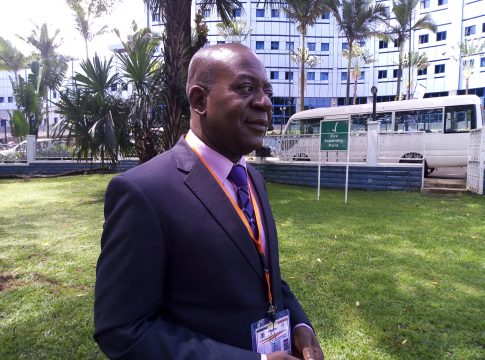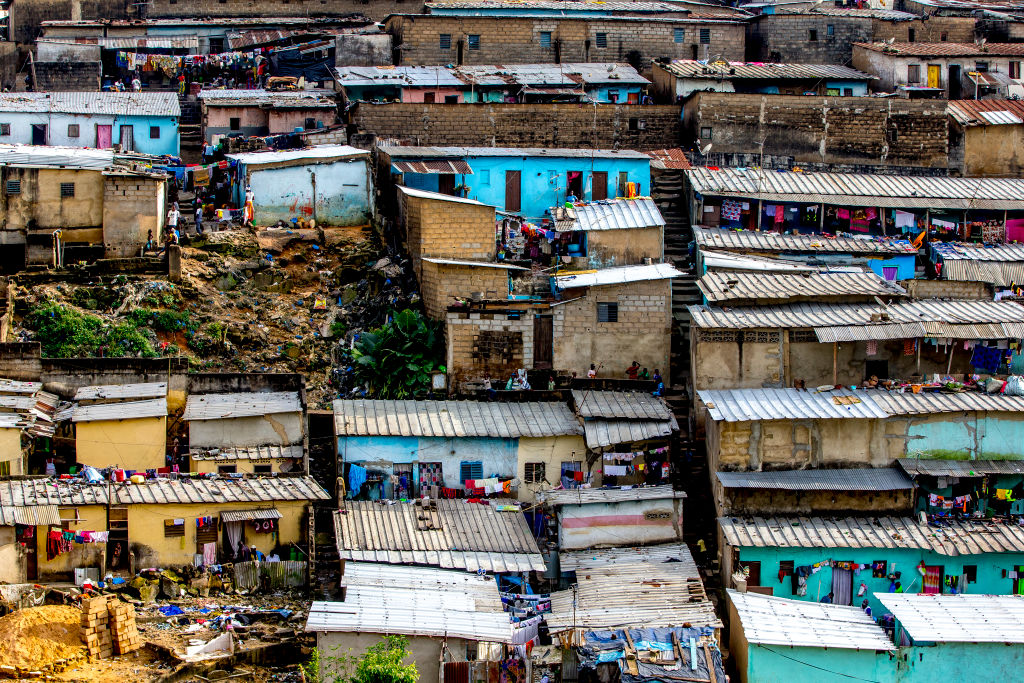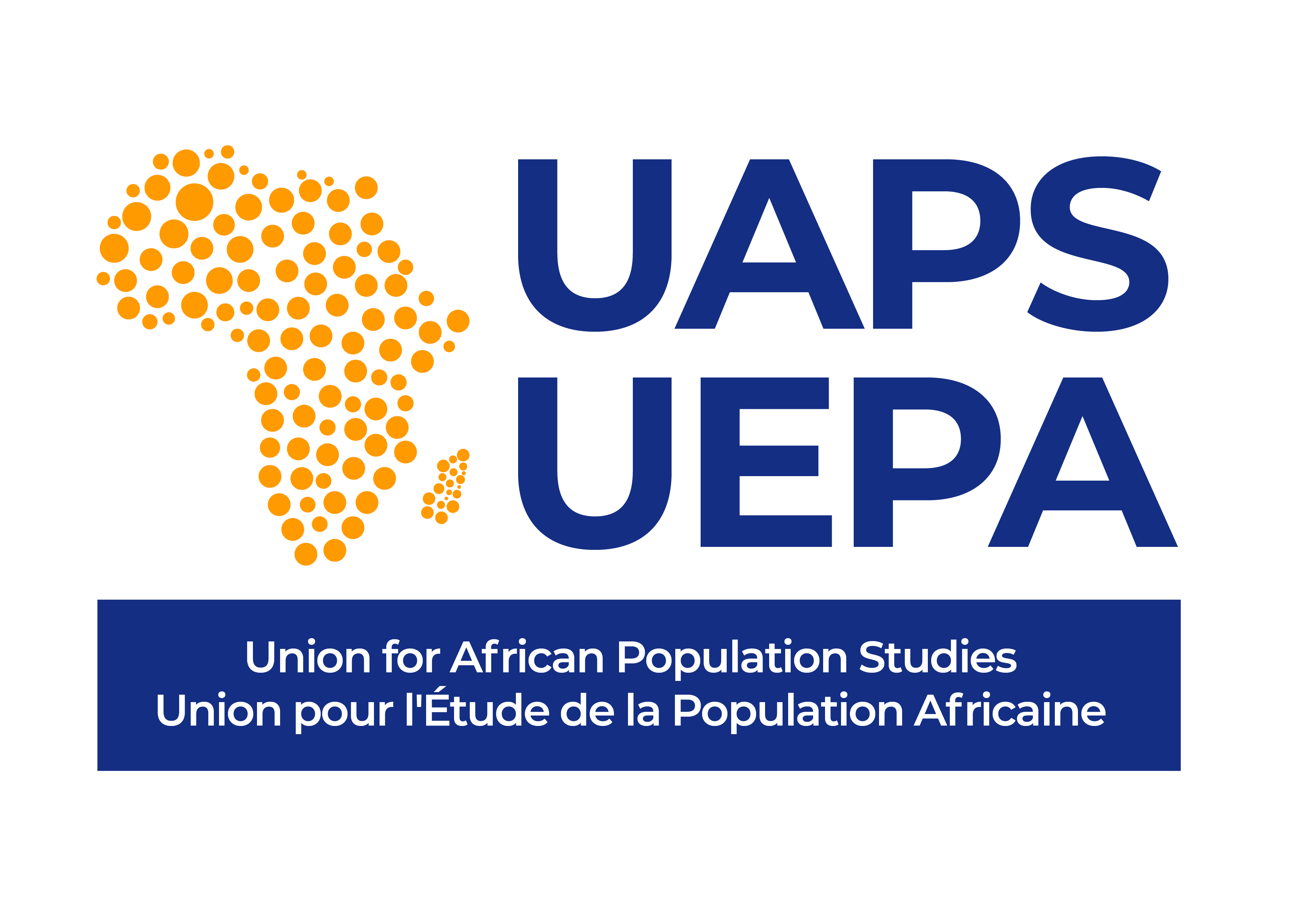Speaking on the sidelines of the African Population Conference in Entebbe, Uganda on Wednesday, Codjoe says that in the past most Africans lived in rural areas but the need to be closer to government services, employment opportunities, and other things are driving millions to urban centers.
“Urbanization has been recognized as a key driver of the economic growth and socio-economic transformation if only it can be managed well,” Dr. Codjoe says

However, poor planning and lack of vision by most African governments leaves most cities unable to deal with the massive increases in population.
“In my country, for instance, Accra, our capital city, has an approximate number of a million people during the night, however during the day, the numbers surge up to about three million and this puts a lot of pressure on available facilities for use,” he said.
Dr. Codjoe urged policymakers and all the stakeholders in Africa to come up with ways to deal with urbanization and to make sure Africans benefit from it.
A report published in mid-November by the UN Economic Commission for Africa further illustrates Dr. Codjoe’s point.
The “State of Urbanization in Africa: The Role of Cities in Domestic Resource Mobilization Report,” mainly urged African countries to look critically into the major aspects of urban productivity and the revenue potential of cities, as well as the potential of urban investments for economic transformation.
The report, which emphasized that African cities are generating a large share of GDP and are home to the manufacturing and services sectors that are leading structural transformation, however, urged the African continent to effectively exploit the potential of cities, with particular emphasis to the abundant economic potential of the current rapid urbanization.
The report also stated that “urban-based tradable economic sectors can provide a broad, stable and growing tax base in Africa.”

Edlam Abera Yemeru, Chief of the Urbanization Section at the ECA, said during the report’s launching event that the group hopes that this report will raise issues that member states can question, interrogate and adopt as policy options or good practices when they are embarking on domestic resource mobilization for their development processes.”
“As Africa strives to leverage the urbanization process for development, where economic growth is expected to lead to job creation and decent work, where we can witness an increase in productive cities and innovation and more urban investments such as effective public transportation among others,” Yemeru said.
Yemeru also urged African experts and policymakers who gathered to review the report to “provide the critical thinking aspects behind the role of cities in domestic resource mobilization and financing for development in Africa.”
The experts and policymakers are also expected to unpack the report, evaluate the contribution of African cities to domestic resource mobilization towards financing agendas 2030 and 2063 and the New Urban Agenda.


Recent Comments